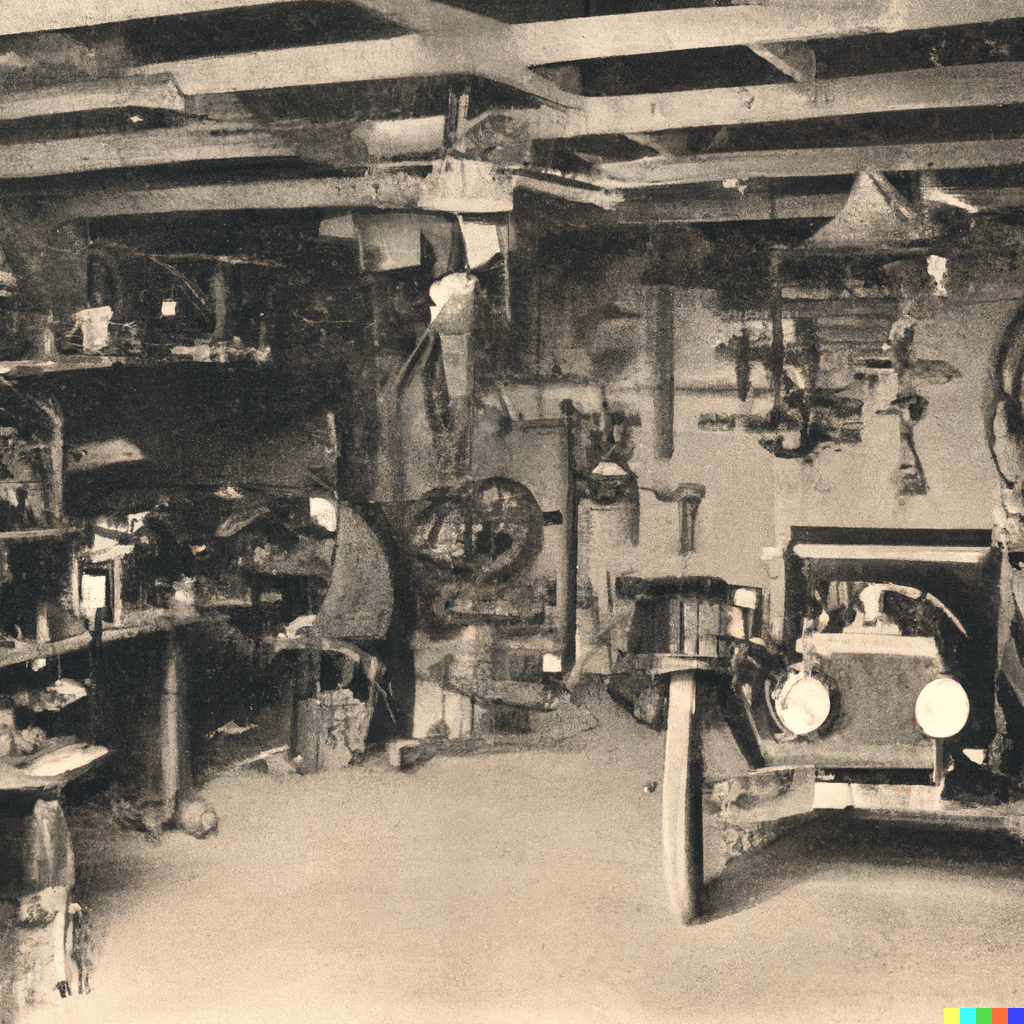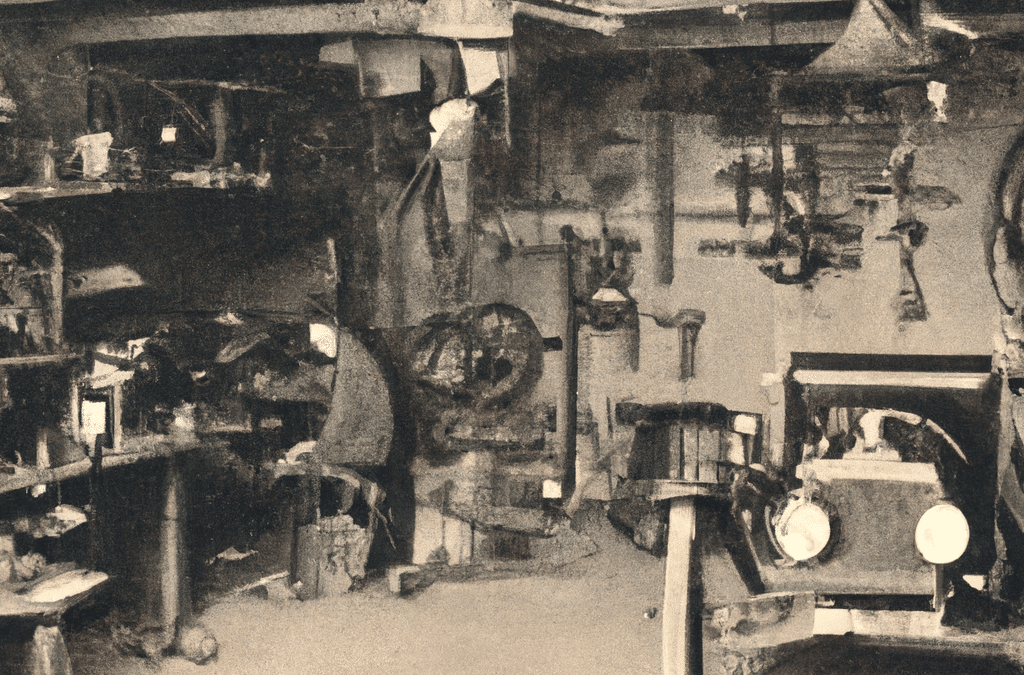A Journey Through Time and Mechanics

The Pioneers of Auto Repair: The First Mechanics
Before cars became a symbol of modern life, the very first auto mechanics started paving the way for future generations. It all began in the late 1800s when the first gasoline-powered automobiles were invented. Early pioneers like Karl Benz and Henry Ford designed and built the first cars and had to repair them.
These inventors and their teams doubled as mechanics, learning to fix the issues that arose with their creations. As the popularity of automobiles increased, so did the need for skilled mechanics. The first auto repair shops emerged in the early 1900s, offering oil changes, tire repairs, and basic engine fixes.
The Assembly Line Revolution: A New Era for Auto Mechanics
The 1910s and 1920s marked the beginning of the assembly line revolution. With Henry Ford's famous Model T, cars became more affordable and widespread, increasing the need for auto repair services. In response, mechanics began to specialize in specific areas, such as engine or transmission repair. The automobile industry quickly expanded, leading to the growth of trade schools and vocational programs to train aspiring mechanics.
Auto repair shops during this time started to resemble the ones we know today, with service bays, lifts, and specialized tools. As cars became more complex, so did the tools and skills required to maintain and repair them. This period also saw the introduction of standardized parts and service manuals, making it easier for mechanics to diagnose and fix problems.
The Golden Age of Auto Repair: 1950s to 1980s
The mid-20th century was a golden age for auto repair, with an explosion of car models and innovations. The industry saw the rise of iconic brands like Chevrolet, Ford, and Chrysler, as well as the emergence of European and Japanese automakers. With each new model, mechanics had to keep up with the latest technology and repair techniques.
During this time, auto repair shops became essential to local communities. Many were family-owned businesses, with generations of mechanics passing down their skills and knowledge. This era also saw the growth of automotive associations and certifications, ensuring that mechanics were properly trained and able to provide quality service.
The Dawn of Modern-Day Auto Repair: 1990s and Beyond
The 1990s marked the beginning of the modern era of auto repair. As cars became more computerized and technologically advanced, mechanics needed to adapt their skills to the changing landscape. This shift required auto repair shops to invest in new tools and equipment like computer diagnostic systems to stay competitive.
The rise of the internet also transformed the auto repair industry. Online resources allowed mechanics to access up-to-date information and collaborate with others worldwide. Customers, too, benefited from online reviews and forums, making it easier to find reliable and trustworthy repair shops.
The Future of Auto Repair: What's Next?

As we look ahead, the auto repair industry will continue to evolve,
with emerging trends and technologies shaping its future. Here are some key developments to watch for:
Electric and Autonomous Vehicles
The rise of electric and autonomous vehicles will significantly impact auto repair shops. Mechanics must develop new skills and knowledge to diagnose and repair these vehicles, while shops must invest in specialized equipment and training.
Eco-friendly Practices
As environmental concerns become more pressing, auto repair shops must adopt eco-friendly practices. This could include recycling waste materials, using eco-friendly products, and offering services to improve a vehicle's energy efficiency.
Customization and Personalization
As cars become more customizable, auto repair shops will have to keep up with the latest trends in personalization. This might involve offering services like vinyl wrapping, performance upgrades, or interior modifications.
Online Booking and Digital Services
Digital transformation will continue to affect the auto repair industry. Customers will expect online booking options, digital invoicing, and even virtual consultations. Auto repair shops must embrace these technologies to stay competitive and meet customer expectations.
Continued Training and Certification
As the automotive landscape evolves, so will the importance of continued training and certification for mechanics. Staying up-to-date on the latest techniques, tools, and technologies will be crucial to providing quality service and maintaining customer trust.
In conclusion, the history of auto repair is a fascinating tale of innovation and adaptability. From the first mechanics of the late 1800s to today's modern-day shops, the industry has continuously evolved to meet the needs of a changing world. As we look to the future, it's clear that auto repair will continue to play a vital role in our lives, with mechanics and shops constantly adapting to stay at the forefront of automotive technology.

